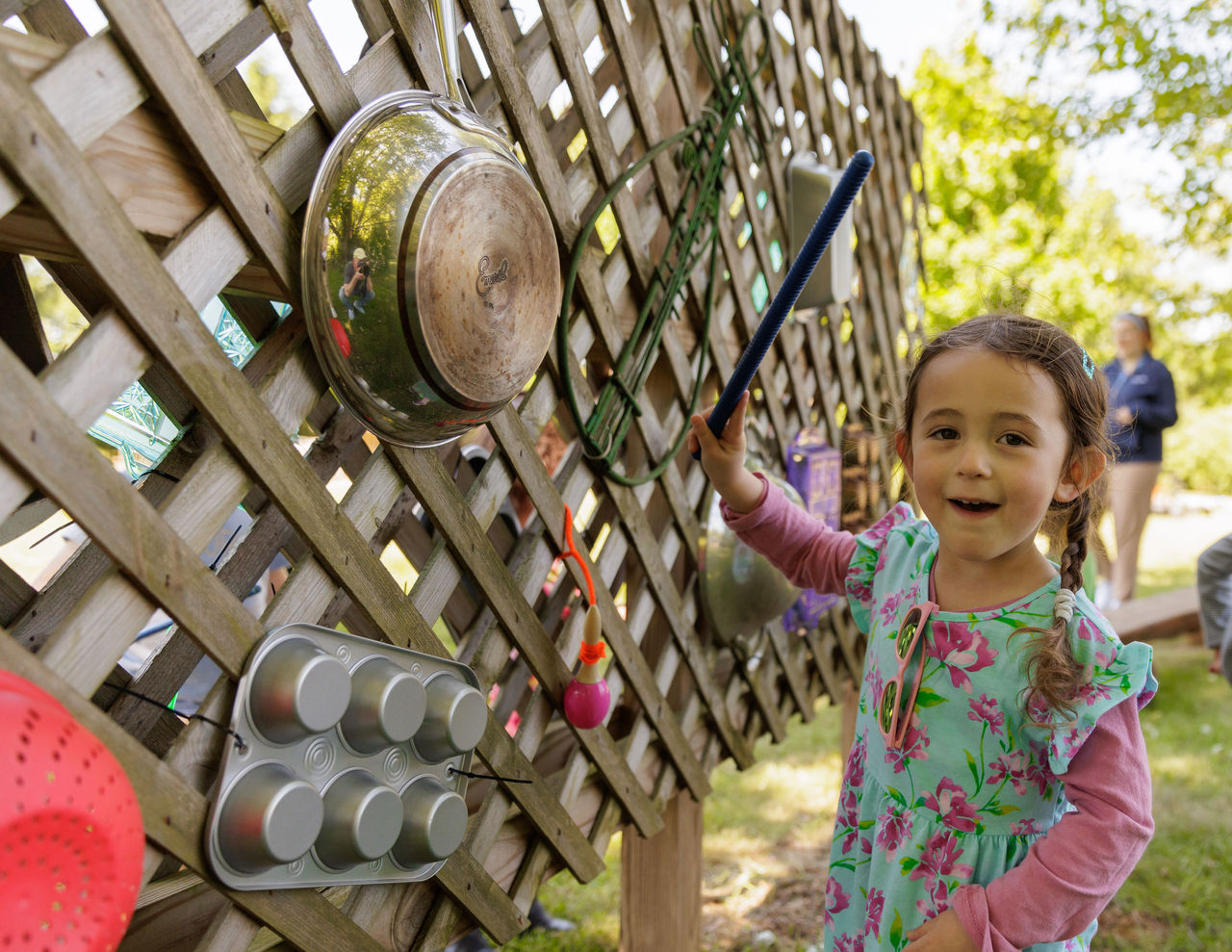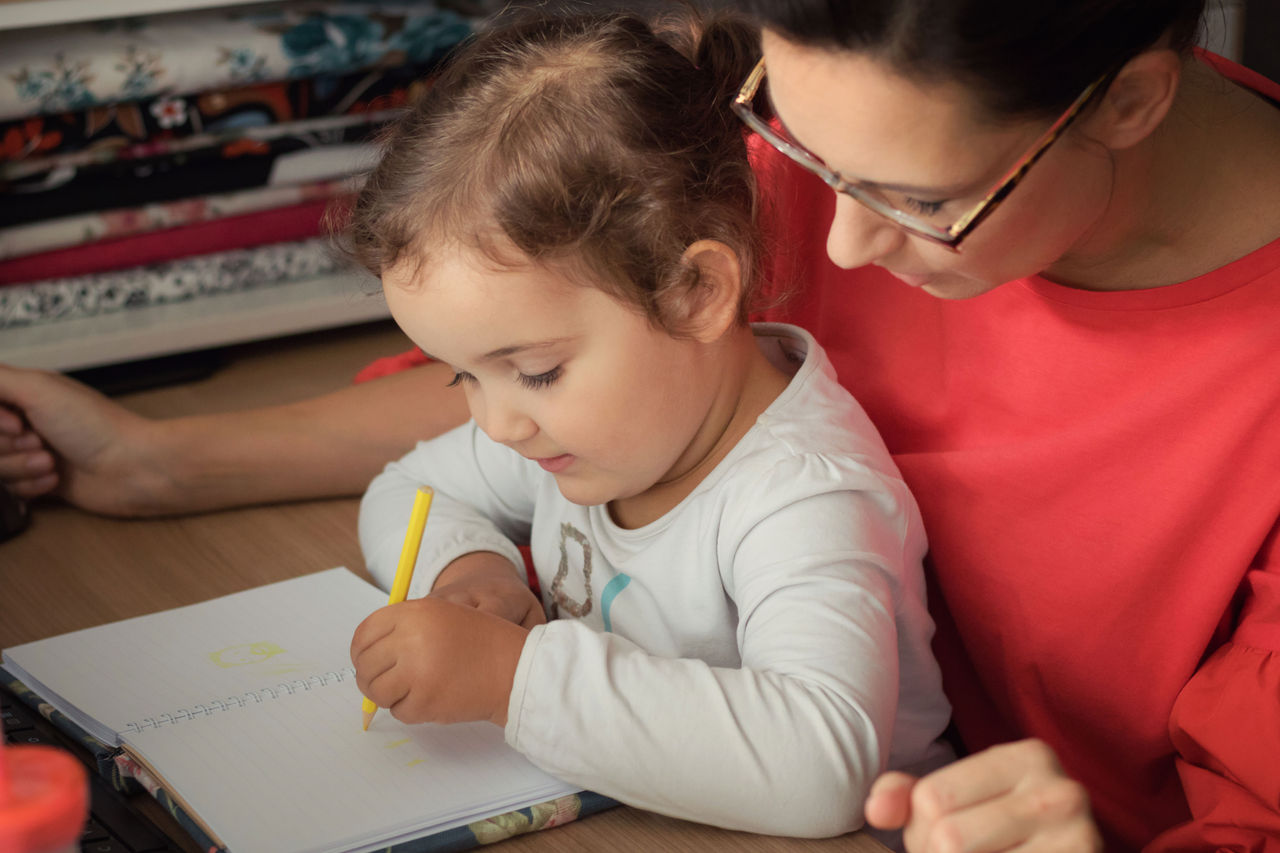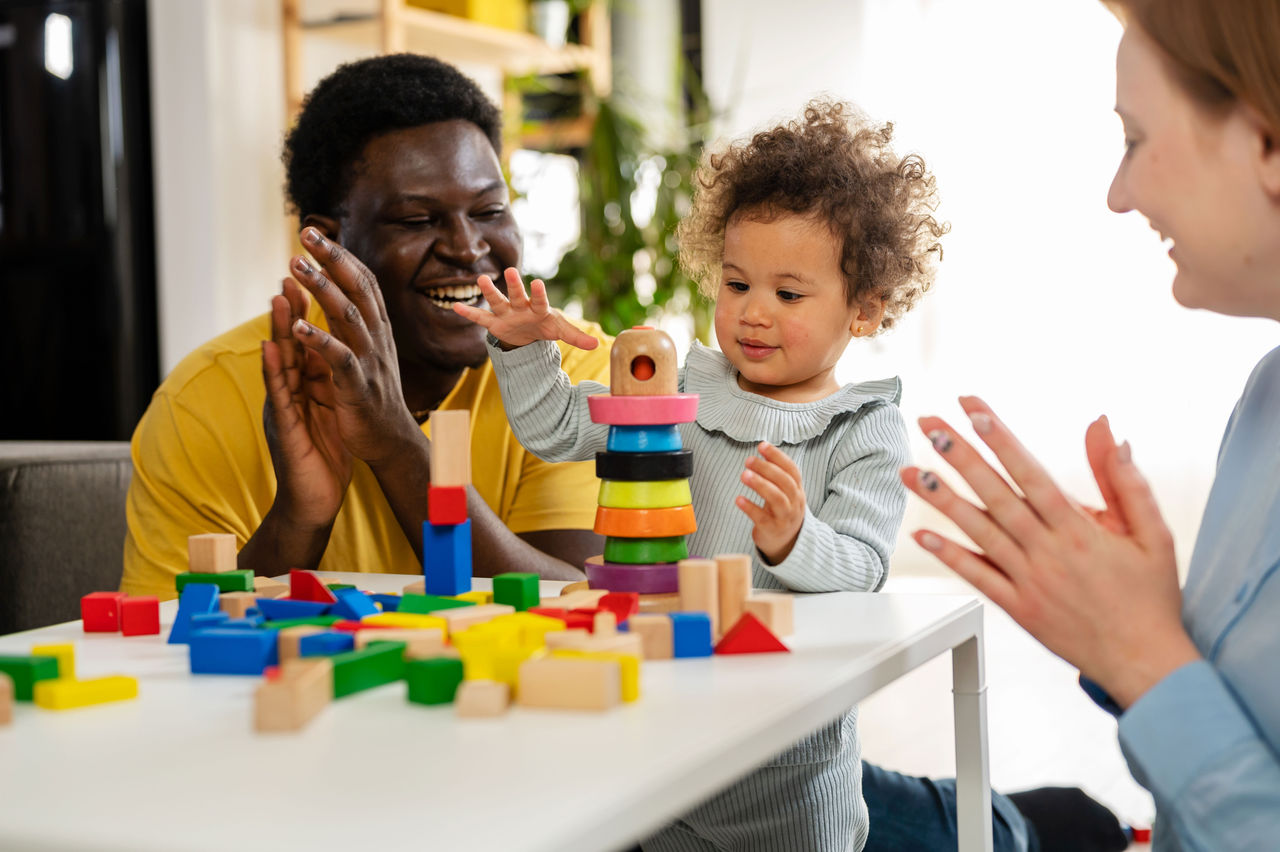A new report from the Journal of Early Childhood Research found that early childhood education boosted the vocabulary of young children during the first year of the pandemic. According to the study, “for each day spent in ECEC [early childhood education and care], children could be estimated to understand 16 more new words over this period [Spring 2020 to Spring 2021], compared to their peers who did not attend ECEC.”
The Goddard School shares the below tips that parents and early childhood educators can use to help bolster children’s vocabulary and cognitive development:
- Read to children: Reading activities help children develop a strong vocabulary and confidence, along with important literacy skills. Not to mention, it gives them the opportunity to connect with books at an early age.
- Do an alphabet puzzle while singing songs: Have your child sing the alphabet song and pick the letters out of an alphabet puzzle as they go. This helps the child learn the alphabet more quickly as they identify the letters.
- Play a fish cracker tracing game: Write out the alphabet and let the child line up fish crackers to trace the letter. Then they get to eat their work!
- Use Stroop effect activities: The Stroop effect is the delay in reaction time between congruent and incongruent stimuli. Educators can have the child read a word written in a different color, or say the color of the ink and not the word, to build their focus and attention (e.g., have the child identify the color of the word blue when the word itself is printed in red).
Dr. Lauren Loquasto, Chief Academic Officer at The Goddard School, was recently featured on CBS 58 in Milwaukee to discuss how parents and early childhood educators can help boost young children’s vocabulary.




